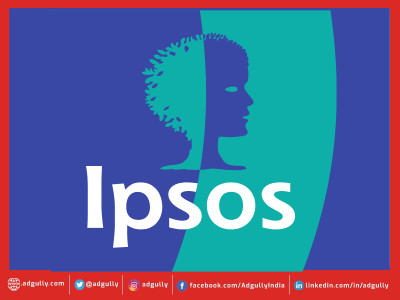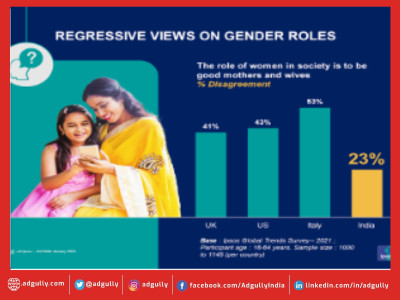Direct linkage between Automotive Sales and faster lead response
Authored by Sonul Verdia, Country Service Line Leader, Ipsos Customer Experience, India and Zal Dastur is COO and Co-founder of Singapore-based Lucep.
Way back in March 2011, the Harvard Business Review published an article by Professor James Oldroyd and fellow researchers, in which they shared the results of a landmark study on how companies are handling potential customers’ online queries.
We have been citing the numbers in this article (The Short Life of Online Sales Leads, HBR, Volume 89, Issue 3, Page 28, 2011) over and over to prospective clients, to convey that every minute counts when it comes to qualifying prospects into leads that convert.
But COVID-19 has now changed the way, businesses are responding to leads - both digital and offline. Every lead is now critical, and no one can afford to lose even a single prospect in this tough economic situation.
We have been trying to reach out to our clients and other automotive business leaders to understand how they are operating in the New Normal.
Just last week, two reports published nearly at the same time provide deep insights into the purchase journey of automotive customers, and how brands and dealerships are responding to buyers.
A new report from Google (Google mobility report ‘Auto Gear Shift India 2020’) notes that 95% of new car buyers research online in 2020, and 72% researched online to find their dealer, and then 25% took an action online to reach the dealer.
Ipsos Mystery Shopping study of India’s top automakers
There is no denying that customer journey and discovery starts with digital now. But what about the response of the auto brands and their dealers during this period - are they able to effectively respond to the increased number of customers on digital?
Another study by global market research firm Ipsos has insights that reinforce our belief in the need for faster response to customer queries coming from your website, social, email and other digital channels.
Ipsos conducted a digital audit of India’s top 7 automakers (both MNCs and homegrown players) in the mass passenger cars segment.
Highlights from the Ipsos Mystery Shopping study:
Only every 1 in 2 customers were contacted (48%);
Only 30% were contacted within 2 hours of the query;
Only 1 in 2 (48%) customers received a follow-up call; and
Only 2 in 3 (67%) were offered a test drive.
Technically, what we see is a mismatch between customer expectation and the responsiveness of the dealer – efficiencies need to go up. And with the festival cheer amid the pandemic gloom, when most Indians upgrade or splurge on big ticket items including vehicles, the systems need to deliver on customer expectations by being nimble, at every touch point. Otherwise, the spoilt for choice, Indian consumer will hop onto the rival brand. It is of utmost importance to bear this in mind.
How the customer is treated at the lead generation stage, can make or mar the deal.
The auto industry has been worst impacted – first there was the economic slowdown and then came the pandemic and shutdown. When the industry is hoping to pull out of its worst times, tardy systems, inefficiencies and poor responsiveness of the sales staff can rock the boat.
Companies also need to explore systems in formalizing digital payments and sales closure digitally.
The vaccine has not been found, the pandemic has not bottomed out, so digital needs to be the default route for customer interaction and engagement. Brick and mortar of course is something to fall back on, but ease of navigation of portals, offers, queries, test drive, feedback, efficiency of sales staff, furnishing of specifications and comparisons, all these will have an important role to play.
It is important for companies to assess where they stand in the scheme of things and plug the loopholes.
Dealership vs Digital customer experience
How long it takes to respond to an automotive lead can make or break a sale, and more so at the dealership level, notes the Ipsos report.
Google’s report referenced above also says that 60% of customers make the decision after taking the first test drive.
Lucep’s own data from a pilot for an automotive brand in India showed that the test drive conversion ratio tripled from 10% to over 30% when their dealership sales executives reduced the lead response time from an average of 51 hours to just under 6 minutes.
As automotive brands revv up their marketing campaigns for the festive season, you have to ask yourself this - You know your customers are on digital, but can you say your lead response on Facebook or your website is just as good as if the customer had walked into your showroom?

















Share
Facebook
YouTube
Tweet
Twitter
LinkedIn